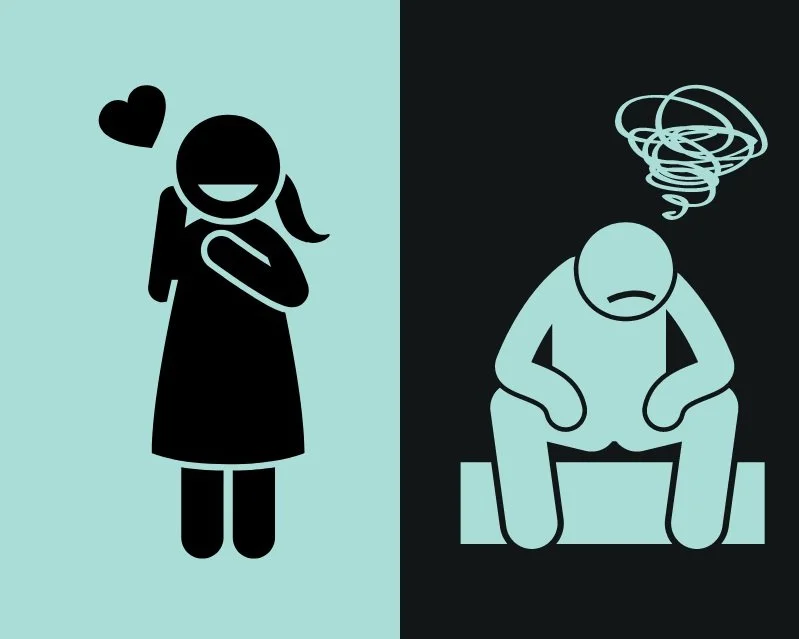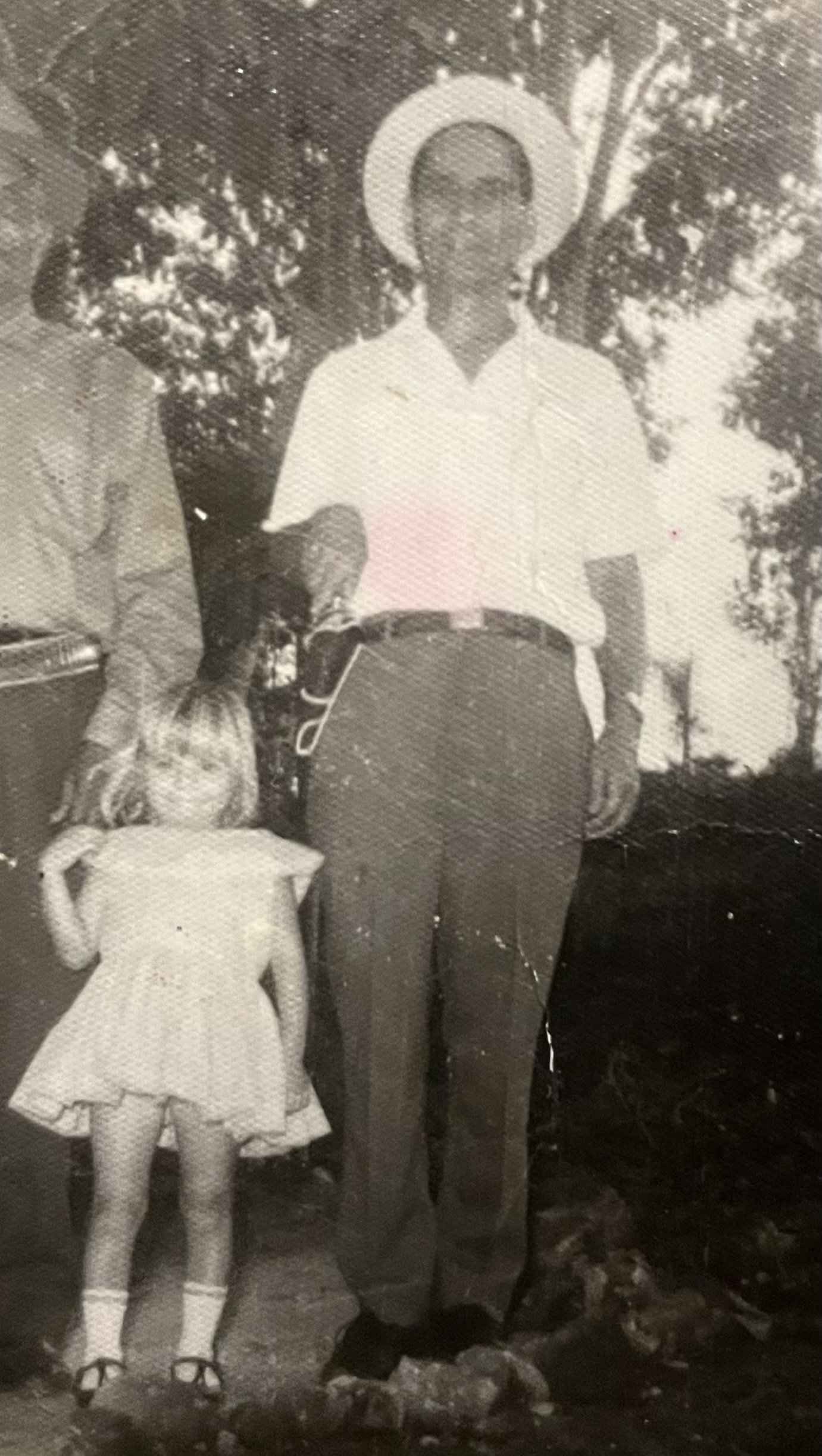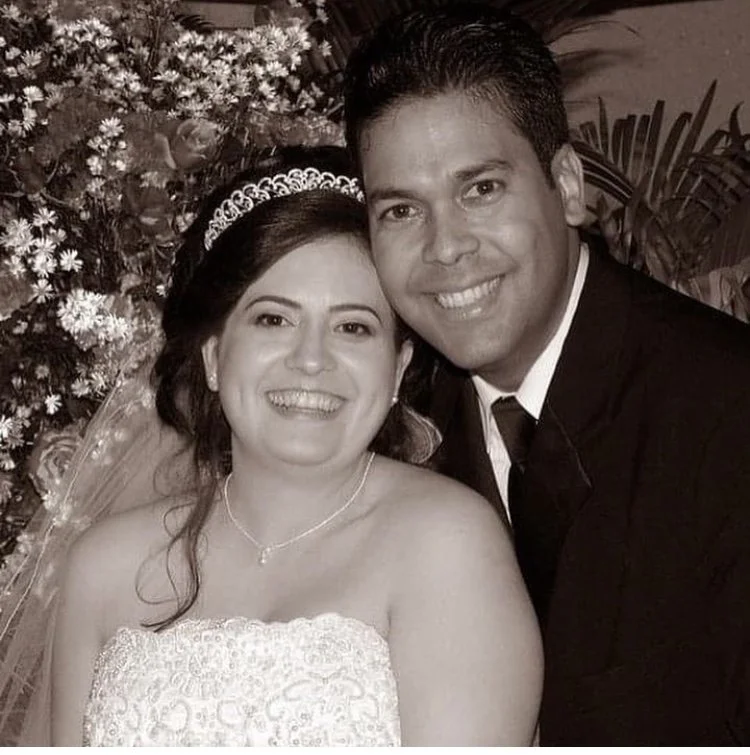Have you ever felt loved unconditionally?
Are you craving that kind of love, or at least some sort of meaningful connection?
Have you ever wondered why losing it, or the fear of never finding it can be so devastating that it can disrupt our lives completely?

“Love and belonging are irreducible needs for all people. In the absence of these experiences, there is always suffering”
– Brene Brown, The Atlas Of The Heart.

Love fuels us and its absence diminishes us.
Love is like oxygen to the heart. When we don’t have it, our inner spark goes dark.
We seek it out. We fight for it. We struggle to find it. In some extreme cases, we are willing to compromise our own integrity for it. When we don’t have it we sometimes settle for any form of it. Our need for love can make us capable of enduring all sorts of suffering, abuse, and humiliation.
Many times we lose ourselves in a relationship and don’t say what really bothers us because we are trying to keep the peace. We lose ourselves when we decide that we are not worthy and deserving to be treated with respect, appreciation and love.
We sacrifice our own identity trying to avoid another conflict, and we go above and beyond in our effort to belong, to prove our worth, to realize that it will never work.

The famous life coach, Tony Robbins and psychotherapist Cloe Madanes, determined that love is one of the six primordial human needs. Love is connected to our deepest need for survival. Our human consciousness is wired for love, connection, and belonging.
Love is the force that moves the universe!
When we don’t feel love, we become spiritually disconnected – we struggle to fit in – to be accepted. We feel invisible and rejected.
Love drives us to build communities and create meaningful connections. Love gives us meaning and purpose within that community, and most importantly, love gives us a sense of belonging.
My first memory of being loved unconditionally always takes me back to my childhood. I must have been five or six – I can’t remember exactly, but I know it was before my dad died of a sudden heart attack when I was seven.

I remember this old rocking chair that was placed under the big window on one side of the kitchen. It was my dad’s favorite spot to sit and relax.
At night I would be waiting for the moment when he would get up so that I could claim the chair for myself. I remember like it was yesterday, rocking myself until my eyes closed and I drifted off to sleep. As the chair would slowly come to a complete stop, my dad would signal everyone to be quiet with a “shush.”
He would take me slowly into his arms, putting my head on his shoulder, patting my back softly before tucking me into the bed. Just as he was kissing my forehead, I would open my eyes and laugh loudly declaring my victory, “I fooled you!”
He would look straight into my eyes with a big smile and even though he didn’t say anything, I knew that he was aware of my little game. He knew I was just pretending to be asleep the whole time. And in that moment I felt amazingly loved and protected. Nothing made me happier.
As a child, I did not have the emotional language to explain it, but I knew I was loved and accepted just for being me. There was nothing that I could ever do to make him love me any less. It felt like nothing could ever go wrong. There was no other place I wanted to be.

After my dad’s death, I don’t remember feeling that way for a long, long time. I remember becoming very quiet, more reserved, and angry as a teenager.
His death wounded me – losing his love was devastating.
It was like losing the fuel that kept me going. I didn’t feel loved, or at least accepted, until I met my husband Jonas many years later. And for some reason I could not get myself to love him unconditionally.
Jonas used to tell me, “I feel like you don’t love me the same way I love you.” Most of the time, I would remain silent, other times, I would ask him, “why do you love me?”
He would say, “I don’t need a reason to love you, I just love you baby, why is that so hard to understand?”
It hurt me that I was not able to reciprocate his love, and for so many years, I felt lost and unwanted and here was this man, who did not need a reason for loving me. It hurt because I truly did not know why I wasn’t capable of the same level of love.
I was starving for love, yet, even after finding love, I could not open up to it.
Why are we willing to do anything to get love, and then when true love knocks on our door, we are afraid to open it?
Brene Brown explains it beautifully in Atlas of the Heart. She writes,

“Love is not something we give or get; it’s something we nurture and grow, a connection that can be cultivated between two people only when it exists within each one of them – we can love others only as much as we love ourselves.”
I realized I would not be able to love Jonas unconditionally until I was capable of loving myself unconditionally. I was highly critical of myself, I did not like the way I looked, I didn’t feel like I was good enough, and to tell you the truth, I hated myself.
My constant struggle to fit in, the need for belonging and validation, the fight against feeling invisible, and unresolved childhood traumas left me drained and exhausted. I had decided that there must be something fundamentally wrong with me. I could not possibly be worthy of love. I knew intellectually that these feelings were totally irrational, but I did not know how to change them.
I was conflicted inside, fighting to be perfect and do “all the right things” so people would finally see me and accept me when in reality I needed to accept myself.
The fear of abandonment, rejection, and shame created a wall, which I built to keep myself protected. It wasn’t until I went into a process of healing, self-forgiveness, and cultivating self-love that I was finally able to receive and accept love unconditionally.

On December 17th Jonas and I celebrated our 27th wedding anniversary. Our relationship is not perfect by any stretch of the imagination, yet we love each other unconditionally. We have each other’s backs, trust each other with our lives, and we can talk about anything without feeling judged.
We make each other laugh until our stomachs hurt. We share the little things like making the bed in the morning, or making coffee as we begin our day, and watching TV at night.
We are each other’s cheerleaders – in my eyes, my husband is the most honest and handsome man alive, un Galan de Cine. And if you ask him, which I did, he will tell you, “my wife is the most passionate and confident woman I have ever known,” Mi Diva!

The biggest lesson I learned after struggling to learn how to love is that loving myself first is a requirement for true love to take place.
I finally learned that I’m only capable of loving and accepting someone else, for as long, and to the level that I am capable of loving and accepting myself. And I can only find self-acceptance when I’m not ashamed of sharing my story or afraid to be open and vulnerable enough to reveal my true self.
“Because we can feel belonging only if we have the courage to share our most authentic selves with people, our sense of belonging can never be greater than our level of self-acceptance.”
-Brene Brown, The Atlas of the Heart
Of course, Jonas continues to believe that he loves me more but I can honestly say that I love this man unconditionally and with every fiber of my being.
Now when he says “I love you baby” I no longer ask why. Instead my automatic response is, “but of course, what’s not to love?”

Begin your journey of self-discovery.
Book a complimentary session with Yudy today to kickstart your journey
to healing and self-love.

